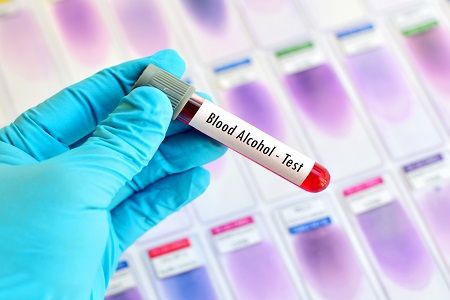Article
Even Light Drinking Spikes Cancer Risk in Hepatitis C-Related Cirrhosis
Author(s):
It’s no secret that excessive alcohol consumption is dangerous to the liver; that’s exactly why patients with hepatitis C are advised to steer clear of it.

It’s no secret that excessive alcohol consumption is dangerous to the liver; that’s exactly why patients with hepatitis C are advised to steer clear of it. But more precise outcomes in this population who do partake in light-to-moderate drinking hasn’t been fully understood.
A collaborative team of researchers from Belgium and Switzerland set out to find how alcohol intake and viral eradication impacted the risk of hepatocellular carcinoma (HCC), decompensation of cirrhosis, and death.
The analysis included 192 patients with compensated hepatitis C-related cirrhosis. Out of these patients, 74 of them consumed alcohol with a median intake of 15 g per day — one standard drink in the United States is equivalent to 14 g of alcohol, such as a 12-ounce beer or five ounces of wine.
- Related: DAAs Eradicate Hepatitis C, But Not the Risk for Liver Cancer
A total of 68 patients reached viral eradication. But over the following 58 months, 33 patients were diagnosed with HCC, 53 experienced at least one decompensation event, and 39 died.
When looking at the HCC rate, 10.6% of the cases came from abstainers and 23.8% came from consumers of alcohol, “and 2% vs. 21.7% in patients with and without viral eradication, respectively,” the authors specified.
None of the patients who abstained from alcohol and had viral eradication developed HCC. However, HCC occurred in 6.2% of patients with alcohol intake and viral eradication, 15.9% of patients without alcohol intake and no viral eradication, and 29.2% of patients with alcohol intake and no viral eradication.
“In multivariate analysis, lack of viral eradication and alcohol consumption were associated with the risk of HCC (hazard ratio for alcohol consumption: 3.43),” the report confirmed in the Journal of Hepatology. Alcohol consumption, however, did not impact the risk of decompensation or death.
The findings determined that even light-to-moderate drinking increases the risk of HCC in people with hepatitis C-related cirrhosis.
Also on MD Magazine >>> One Doctor Explains How Did Kids in Princeton Got Hepatitis C
2 Commerce Drive
Cranbury, NJ 08512
All rights reserved.





